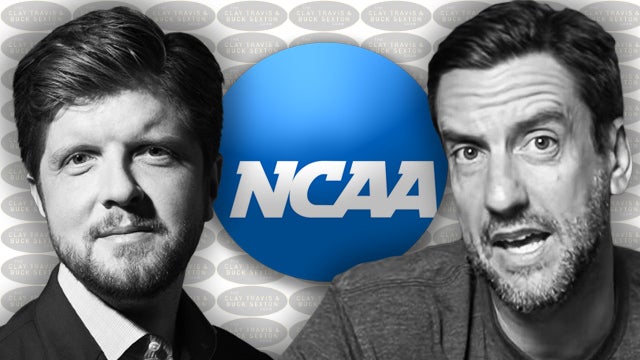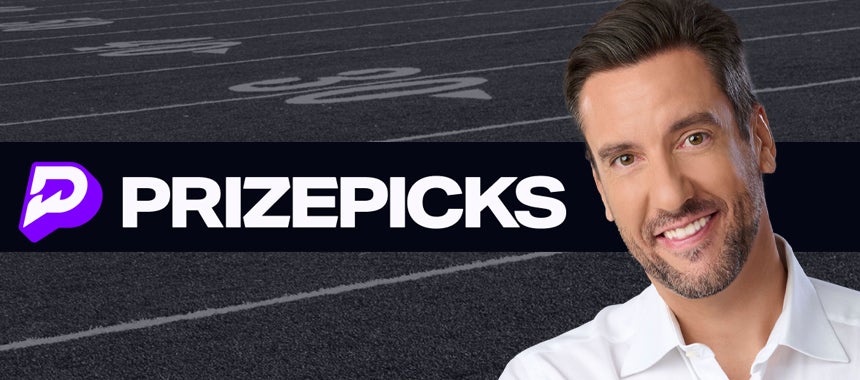Starting Today, College Athletics Will Never Be the Same
1 Jul 2021
CLAY: We have got now, Buck, a massive, seismic, substantial change that is going on in college athletics. Today name, image, and likeness became officially legal all over the country. And for people out there who might wonder what this is about, for generations the NCAA has not allowed college athletes to make any money off of their name, image, or likeness.
That means, Buck, for example, if you were an athlete and you wanted to sign an autograph, you couldn’t get paid for that autograph. The analogy I like to use is Johnny Manziel, who was a Heisman Trophy-winning quarterback at Texas A&M. Kids could show up at his classroom at Texas A&M, pass him a Sports Illustrated with him on the cover. If he signed it for them, they could take it straight to eBay and immediately sell it.
If Johnny Manziel did that, he would be ineligible. I think a lot of them out there are like, “Well, what? This is crazy.” So now in a social media age, every athlete out there is now eligible and able to make as much money as they possibly can off of their name, image, and likeness, and you are going to have in short order a lot of different athletes become millionaires basically overnight.
When this law changed starting today — and there are a lot of people out there asking all sorts of questions about what this might mean going forward, and we’ve been talking off the air, Buck, about a lot of this. You are a, fair to say, casual college sports fan. I think you’re kind of fascinated by this, too, because it’s such a difference over what historically has been the rule.
BUCK: Even as somebody who went to a D3 college where I could say quite honestly you could care less about what the football team at my school was doing because we had 1600 students.
CLAY: Right.
BUCK: You can imagine it was not exactly… We weren’t packing 80,000, hundred thousand person stadiums. Quite the opposite. Trying to get people to go to the games. But I’ve always been fascinated by this. You know, we were talking about the IRS before and how they can always get you.
CLAY: Yes.
BUCK: I do know from watching, for example, The Blind Side —
CLAY: Yes.
BUCK: — right, the movie, that if the NCAA decided they were gonna get you on something — and it’s stuff as simply, as you said, signing an autograph and getting paid for it, or, I think, accepting meals, right?
CLAY: Oh, yeah.
BUCK: Food.
CLAY: Oh, yeah. If you got a steak dinner —
BUCK: Steak dinner. I was gonna say.
CLAY: — you’re done for.
BUCK: And that always just seemed bizarre and you had these players — and so again, I more professional sports in my general area and, quite honestly, I’m not really into watching that much in professional sports. College, I just sort of knew from paying attention to the news cycle, college athletics, I mean, and I would see this stuff happen, and it never seemed to make sense. You had coaches who the highest paid in state after state, right?
CLAY: Yes.
 BUCK: In places like Oklahoma, Nebraska, they’re making millions of dollars. And yet the players, if they do anything, are treated… They’re treated like they’re bad people —
BUCK: In places like Oklahoma, Nebraska, they’re making millions of dollars. And yet the players, if they do anything, are treated… They’re treated like they’re bad people —
CLAY: Yes.
BUCK: — by the way, like they’ve done something horrible for what exactly. That all changes now.
CLAY: Yeah. The NCAA basically has no reason to exist now, Buck, because as you were just talking, one of their primary goals — in fact, their primary goal in life — was to investigate what they called improper benefits. And an improper benefit would be, oh, you get a free steak dinner.
Oh, you get a hundred dollars handshake because a booster is excited about the way you played at a game and they walk up, and they shake your hand, and they pass a hundred-dollar bill to you. All of that could render you ineligible. And all the media, by the way, in sports would do investigations based on this.
And I always argued on my sports talk radio show, this, to me, felt fundamentally anti-American to me because I believe in capitalism. Sell your labor for as much money as you possibly can. And most people who would believe in capitalism would argue that not being able to sell your autograph is not really a very American foundation.
And basically, the purpose of the NCAA was to ensure if you were poor when you started school, that you were still poor when you finished school. You went to college, and a lot of our listeners out there went to college or have experience around colleges. There’s a wide variety of income levels in college. There’s rich kids at college. There’s poor kids in college. Having a rich parent is not an improper benefit. But having an ability to make money off of your talents while you’re in college was completely prohibited.
BUCK: I think this is gonna raise big questions about the whole premise of the scholar athlete —
CLAY: Yes.
BUCK: — that is used by the NCAA at these schools. Look. Let’s call this what it is. The NCAA has created a system, and we’re really… I’m not talking about fencing. You know, I knew some guys who went to Yale for fencing or went to Stanford for sailing or whatever.
CLAY: Right.
 BUCK: We’re talking about the big sports, really just football and basketball, and some schools you could throw some other sports in the mix. But universities have been operating minor league sports franchises to the benefit of the professional leagues and also operating under the pretense that this is the scholar-athlete paradigm of, “Oh, well, they’re getting paid by being to get an education.”
BUCK: We’re talking about the big sports, really just football and basketball, and some schools you could throw some other sports in the mix. But universities have been operating minor league sports franchises to the benefit of the professional leagues and also operating under the pretense that this is the scholar-athlete paradigm of, “Oh, well, they’re getting paid by being to get an education.”
And you look and there have been plenty… I’ve seen some of the investigations. HBO Real Sports has done them and others, you know, stretching back a long time. And I know, Clay, this is right in the center of your wheelhouse. There are plenty of these players who graduate, and to say that they got an education was obviously an absurdity, and they were actually just brought there to effectively be sports mercenaries.
So the whole the NCAA narrative here seems to be, not only is it changing with regard to how these athletes will be able to make money, but also what place do these programs really have in the schools? And how do other students feel about the prospect now of not only will, you know, the quarterback at a Big Ten school or the SEC be the big man on campus, so to speak, he could be a millionaire when he’s 19.
CLAY: And you can imagine all of the complexities this is gonna create, because, as you just hit on, every player doesn’t have the same value. So what will the locker room dynamics look like when you’ve got an offensive line where most of those guys are anonymous and nobody really knows them, and suddenly they’re blocking for a quarterback that’s gonna make over a million dollars a year in name, image, and likeness?
Also, how will social media balance all this out? Because you mentioned — and I think it’s significant — football and men’s basketball are the only two revenue-producing sports. The most famous athletes are campus are football and men’s basketball players. But also, there are a lot of women athletes who stand to make a ton of money because they have developed their own social media followings on Instagram, or Twitter, on TikTok, wherever it might be.
And how are those power dynamics going to alter the collegiate experience when, as you mentioned, you might have had in the past a Nick Sabin making 8 or $9 million a year to coach, and usually the guys that he’s been coaching are hoping to make the pro ranks. What happens when you got a quarterback making a million dollars a year who signed these massive marketing deals, and then he gets benched?
And you got a booster who comes in and said, “Wait a minute. The reason I paid this guy a million dollars was because he was gonna be the starting quarterback.” And also what’s gonna happen with a shoe deal, for instance? Let’s say Nike is the shoe provider of the college. Is Adidas gonna swoop in and say, “Hey, we’ll give money to the quarterback and he’s gonna play in a different shoe?” And what is all this money flooding in…?
 BUCK: Oh, by the way, are they gonna have agents, gonna have lawyers? You’re gonna have 19-year-old, 18-year-old kids who are involved in these kinds of deals with major corporations and the sports world. What’s gonna happen there? I guess they’re gonna have to get lawyers and agents and stuff. But it’s just gonna show that the whole dynamic, this whole system has been full of —
BUCK: Oh, by the way, are they gonna have agents, gonna have lawyers? You’re gonna have 19-year-old, 18-year-old kids who are involved in these kinds of deals with major corporations and the sports world. What’s gonna happen there? I guess they’re gonna have to get lawyers and agents and stuff. But it’s just gonna show that the whole dynamic, this whole system has been full of —
CLAY: It’s a house of cards.
BUCK: — a lot of inconsistencies and a lot of make believe about what’s really going, what’s really happening. We all know people… You know much more than I. You’ve been to a lot of college sports games and covered college sports for a long time. People love their college sports; this is gonna change the dynamic a lot.
CLAY: The money is gonna be unlike anything we’ve ever seen in college athletics before, and with money, as Notorious B.I.G. told us, “More money, more problems.” Look, Buck, I’m genuinely fascinated to think about, if a quarterback has a million dollars, let’s say, and he’s 19 years old, think about the kind of problems you can get into with a million dollars. It doesn’t take very much money to be a rich kid in college.
 BUCK: Yes.
BUCK: Yes.
CLAY: You got a hundred bucks in your pocket you can have an amazing night.
BUCK: Be a millionaire quarterback your freshman year probably be fun tattoo.
CLAY: Imagine the parties that are gonna get thrown. Imagine the people who are gonna roll into these college towns with money to be has had. I just… I think it is going to be an unbelievable spectacle. I’ve always argued that college football is the most uniquely American of all sports because of all its contradictions and hypocrisies, but it’s also the most fun. I don’t think that anybody has any clue what has begun today in terms of its long-range impact on the sport.
Recent Stories
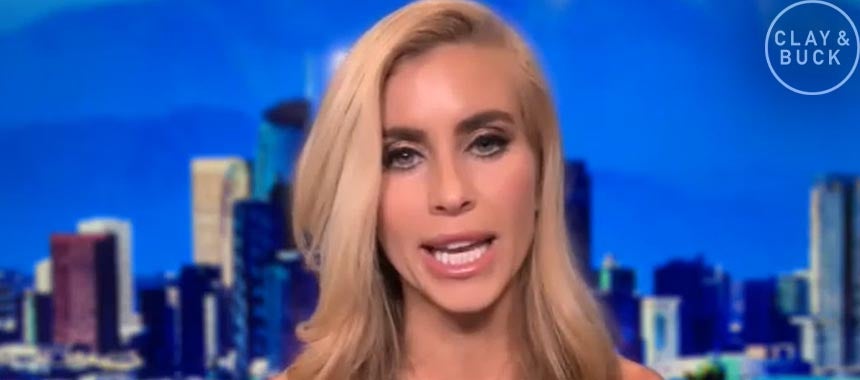
Katie Zacharia Previews the Funky California Gubernatorial Primary
Katie addresses the GOP's uphill battle to take back the state.
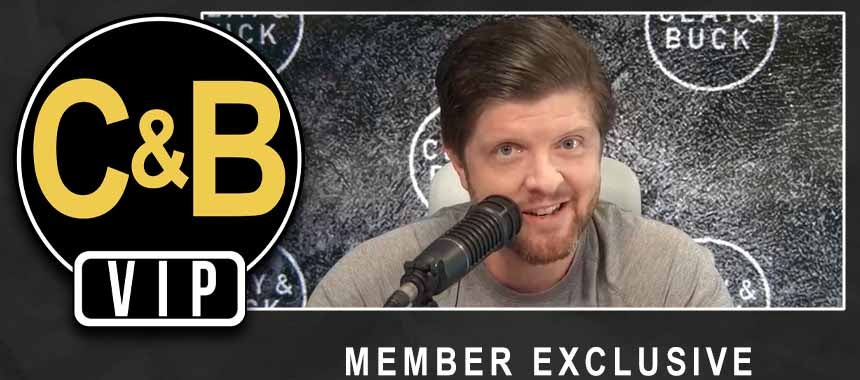
VIP Video: With Bengazi Arrest, This Administration Nails It Again
Another big win for the Trump team.
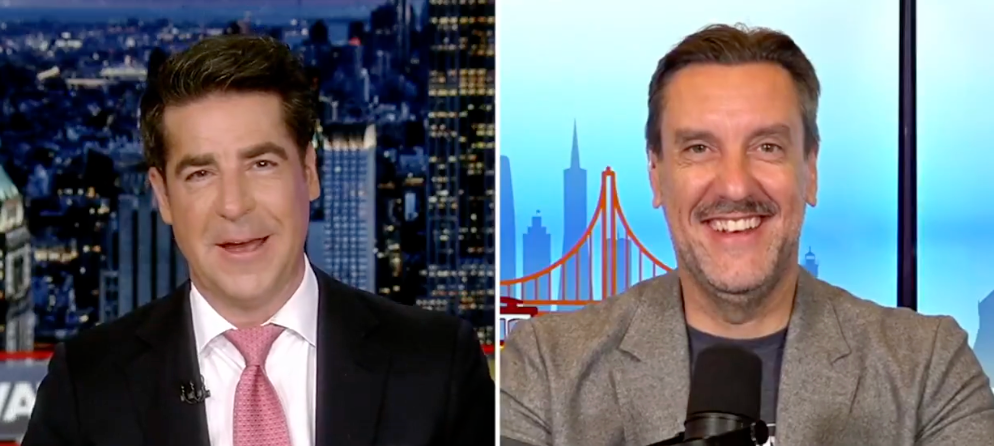
Clay Explains Why Kamala Will Be the 2028 Dem Nominee
Miss Clay on Jesse Watters Primetime? Watch it here.
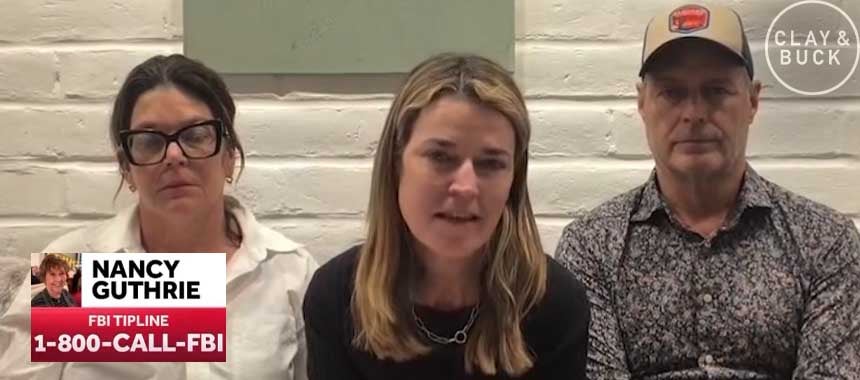
Savannah Guthrie’s Emotional Plea to Her Mother’s Kidnappers: What We Know So Far
Clay and Buck break down the latest developments in the heartbreaking case.


